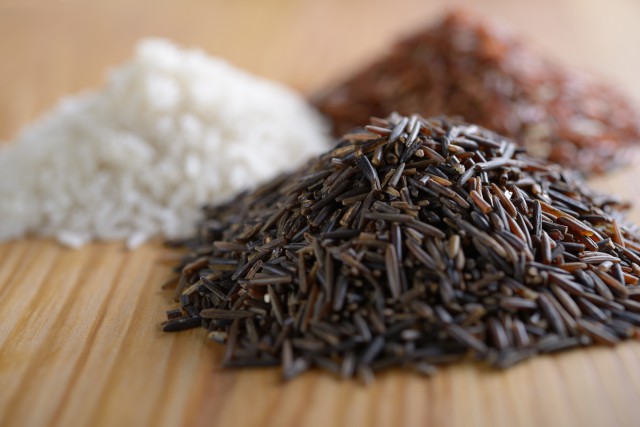Food and Agriculture Organisation (FAO) and the World Trade Organization (WTO) has agreed to strengthen their cooperation to promote international food trade and safety in ways that improve peoples’ nutrition and allow small-scale producers to have better access to international agriculture markets.
“We look forward to ensuring fair trade of agricultural and food products through this stronger (FAO-WTO) cooperation,” said FAO director-general José Graziano da Silva.
“On the one hand trade is likely to play an increasing role in meeting the growing demand from food-deficit countries.”
“On the other hand, greater trade openness may undermine the capacity of local people to produce their own food.”
He warned that failure to reach a balanced solution on issues relating to production and trade of agricultural products could derail the international community’s recently agreed sustainable development goal to eradicate world hunger.
“We seek to ensure that the global trading system works for all, that it is fair and balanced, which supports growth and development and allows people to access the goods and services that they need,” said WTO director-general Roberto Azevêdo.
“When I visit developing countries, especially in Africa…business people tell me about the difficulties they face in meeting the required standards,” he said, adding that it is essential to provide capacity building for producers in developing countries, an area of work where his Organization and FAO are seeking to deepen their collaboration.
Strengthened cooperation, new report planned
Graziano da Silva and Azevêdo both underscored the increase in cooperation between FAO and the WTO.
This includes deepening their collaboration on trade and food safety, including a joint publication in 2016 which would deal with sanitary and phyto-sanitary measures that curb the spread of plant and animal diseases during the transport for trade of agricultural products.
“Our [WTO] agreement on the Application of Sanitary and Phytosanitary Measures names the FAO/WHO Codex Alimentarius and the FAO International Plant Protection Convention as standard-setting organizations in these matters,” said Azevêdo.
Other areas where the two organizations are seeking to reinforce their joint efforts include the Standards and Trade Development Facility, capacity development initiatives to assist countries in the implementation of the Codex Alimentarius or Food Code.
The Food Code develops harmonized international food standards that protect consumer health and promote fair practices in food trade, and country level assistance to facilitate trade in safe and nutritious food.










